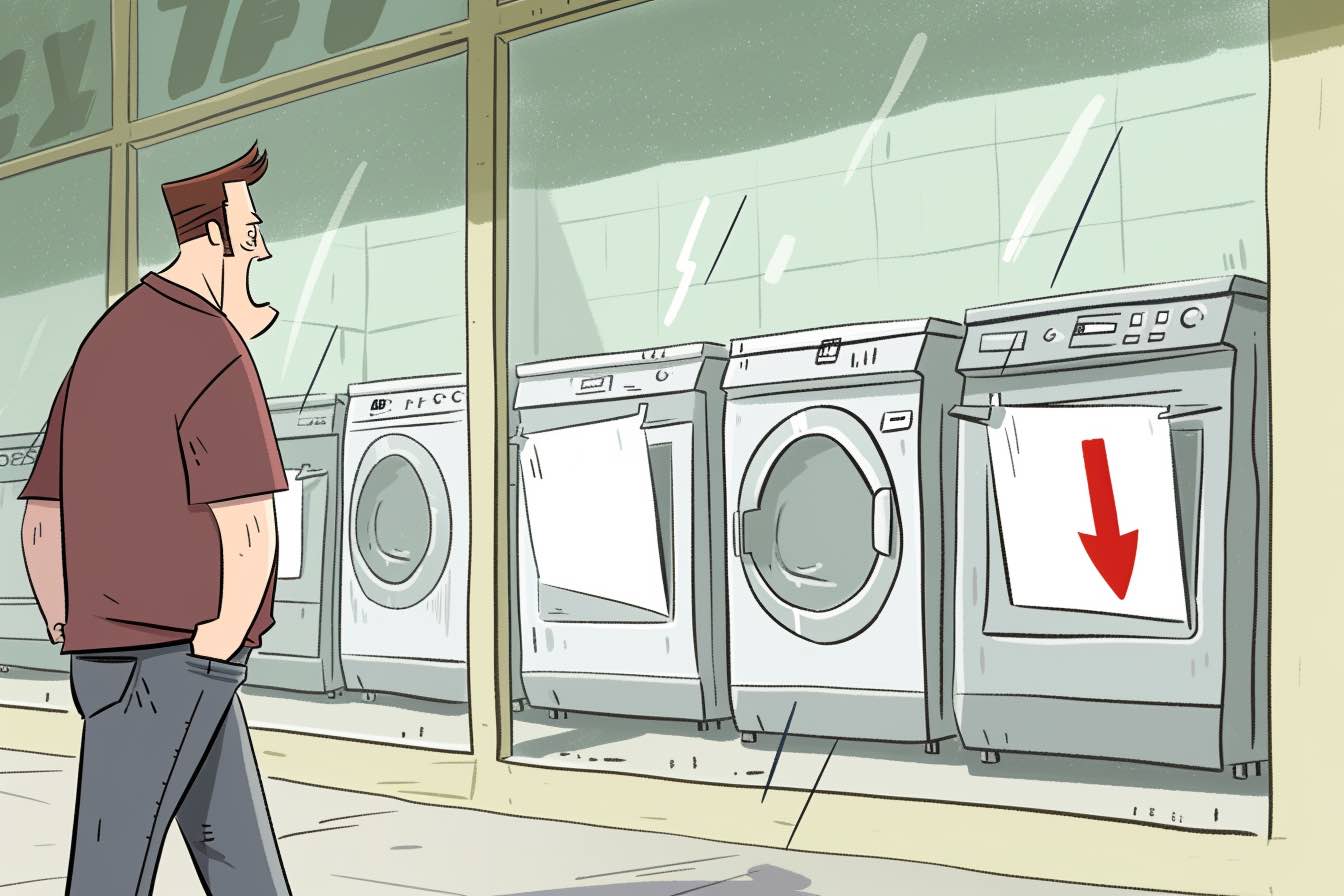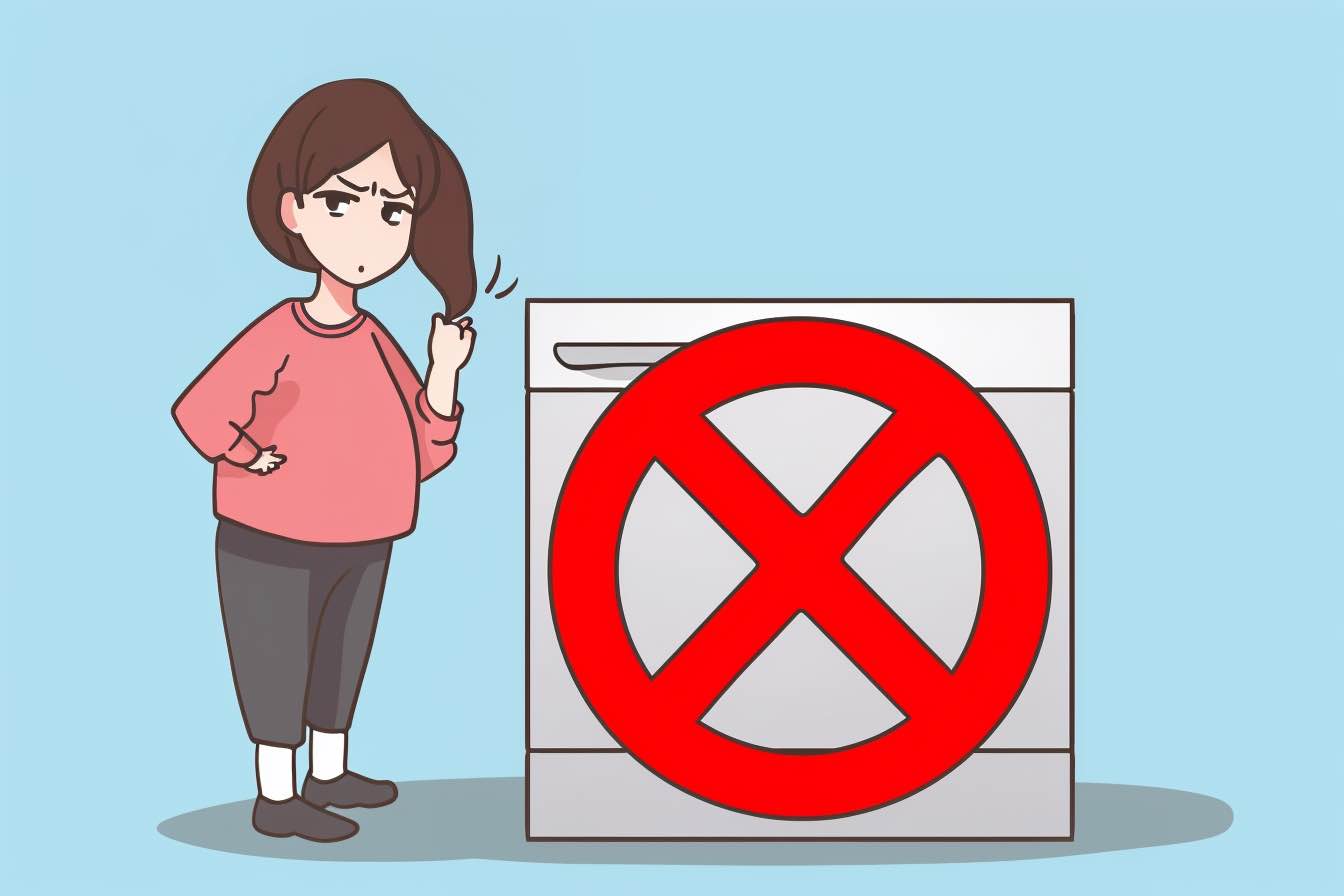No one likes a whiner. Crybabies rarely get what they want, and even when they do, they end up looking ridiculous.
If you don’t believe me, just spend a few minutes reading the comments on my consumer advocacy site. Or watch this video of a woman who missed her flight.
Enough said.
When it comes to getting the customer service you deserve, you don’t want to be whiner, but a winner.
By the way, as a sidenote, businesses ignore legitimate complainers at their own peril. Surveys show that for every customer complaint, there are 26 other unhappy customers who have remained silent. So odds are, even if some of the grievances sound frivolous, there may be other customers who feel exactly the same way. (Except maybe that woman at the airport. Drama, anyone?)
But how do you know if your attitude is getting in the way of a resolution to your problem? I run into this dilemma almost every day — a perfectly valid case is rendered unsolvable because the customer whined too much. It’s particularly difficult to tell when it’s your problem, because it’s difficult to be objective about your own grievance. (And that includes me, by the way.)
Your correspondence is poetry
Whiners turn to the thesaurus to describe exactly how they feel about terrible service, and while that may feel good to the complainer, it can actually hurt their chances of getting better service. The reason is simple: Once you’ve described a company’s incompetence in graphic, heart-wrenching detail, you’ve removed most of the motivation for it to help fix the problem. Exhibit A: This letter sent to Richard Branson about the meal service on a Virgin Atlantic flight. It’s funny, yes, but if it hadn’t gone viral, would it have resulted in an apology? I think you know the answer.
You can count the ways you’re unhappy — and there are many
Laundry lists — even ones containing perfectly legitimate grievances — make you sound like a big baby. It makes you look as if nothing will make you happy, and that makes the customer representative reading your email believe there is no way you’ll ever be satisfied. Here’s an example of a laundry list complaint. You’re better off focusing on just one aspect of a negative experience and asking for a specific resolution. And if one doesn’t rise to the top? Maybe then you have no grounds for filing a complaint.
One way or another, you’ll have your revenge
Chronic bellyachers often turn hostile, threatening to sue a company or shame it in the court of public ppinion. Unfortunately, this type of aggressive behavior can quickly backfire, with the complaint either being routed to the legal department (where the lawyers will quickly determine it’s an idle threat) or simply ignored. My advice? Don’t threaten to sue a company unless the complaint is in its final draft, and you’re ready to go to court. Otherwise, the company will correctly brand you a crybaby who just isn’t getting its way.
So what separates a whiner from a winner? Look for a reasonable, level-headed, concise case made in writing, along with a specific resolution. Omit the hyperbole and threats. Those are the ones noticed and addressed by a company. (Related: The travel industry moves to preempt customer complaints.)
In extreme cases, the whining is so severe that even my intervention can’t help. It’s too late. After your vicious email or angry phone call, the company decided it just didn’t want to deal with you, and no amount of politeness will ever make up for it. (Here’s how to survive a long flight in economy class and avoid jet lag.)
Bottom line? Don’t whine. It gets you nowhere fast.




